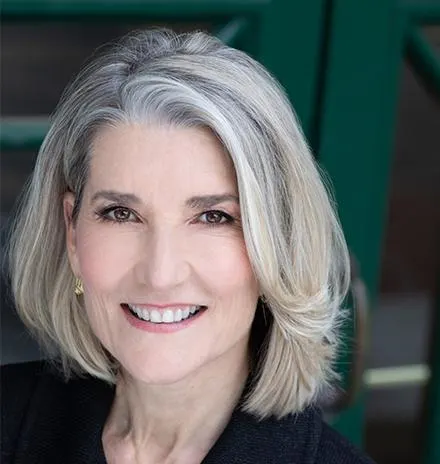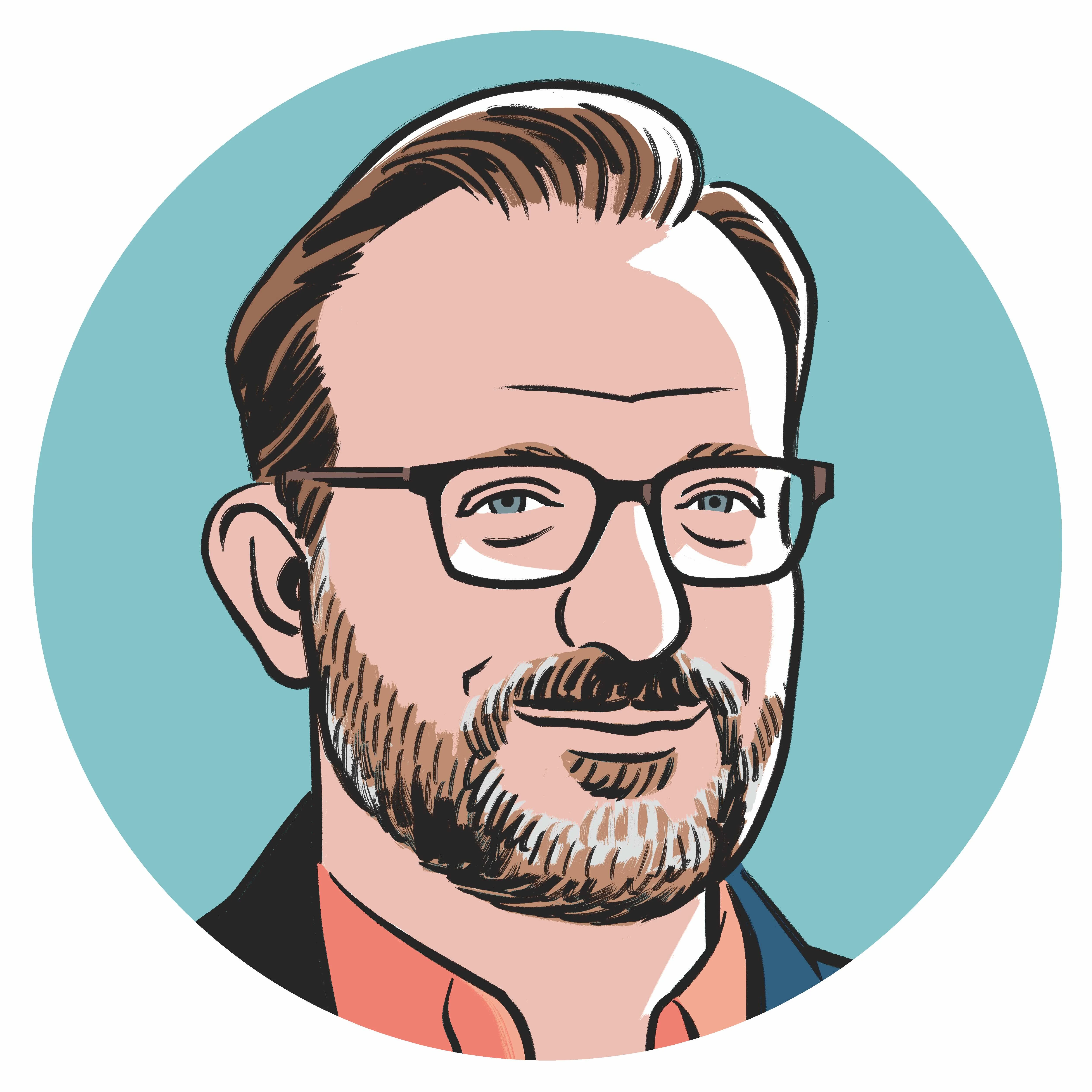When times get tough and resources become constrained, programs that advocate for psychological safety—the ability of workers to speak their minds without fear of retribution—are often among the first to go.
However, research by Harvard Business School’s Amy Edmondson and Michaela Kerrissey of the Harvard T.H. Chan School of Public Health, conducted with HBS doctoral student Hassina Bahadurzada, suggests that’s the worst time to halt such efforts. In fact, psychological safety is key to avoiding burnout and staff turnover in times of turmoil. Efforts to foster psychological safety are even more effective if they start long before a crisis hits.
“Burnout is a kind of mental and physical exhaustion, when you are holding everything in and unable to get the help you need,” says Edmondson, who first coined the term “team psychological safety” in 1999. “But if you’ve had the experience of speaking up in the past during challenging situations, and nothing bad has happened to you, then you are more likely to have the ability to do it again.”
If you’ve had the experience of speaking up in the past during challenging situations, and nothing bad has happened to you, then you are more likely to have the ability to do it again.
The May 2024 study by Edmondson and Kerrissey, “Psychological Safety as an Enduring Resource Amid Constraints,” focuses on health care, but offers insights for any industry wrestling with upheaval and economic uncertainty. Many employees—coming out of the post-pandemic years of quiet quitting—are doing more with less as companies hire more cautiously and, in some cases, shed jobs. Psychological safety provides a powerful organizational salve for stressful times.
When Edmondson speaks at conferences, she often hears attendees frame psychological safety as a luxury, especially in the fast-paced, high-pressure health care environment.
“They’d say, ‘Sounds nice, but in times of struggle, isn’t that something we have to set aside in lieu of more pressing needs?’”
The paper, published in the International Journal of Public Health, contradicts such attitudes, showing that psychological safety is as essential as more material resources in the welfare and retention of staff. Kerrissey is an associate professor of management at the Chan School, and Edmondson is also the Novartis Professor of Leadership and Management at HBS.
Probing the ties between psychological safety and burnout
“For many years, the theory has been that people get burned out as their resources get depleted,” Kerrissey says. “By thinking of psychological safety as a ‘social resource’ we unlock a whole new aspect of reducing burnout that can be helpful to physicians—and likely people in other high-pressure industries.”
Health care is by nature a profession in which both stakes and uncertainty are high. Workers prescribe treatments based on sometimes incomplete or confusing sets of symptoms, and decisions can literally mean the difference between life and death. Because of that, it’s essential that health care workers can speak their minds and even express their doubts without fear of consequences.
To test the importance of psychological safety, the researchers examined a dataset from a large hospital system with sites nationwide. The system surveys workers twice a year on a range of questions, including some on psychological safety, such as “I can report patient safety mistakes without fear of punishment” and “I feel free to raise workplace safety concerns,” rating their responses from 1 to 5.
The researchers used two surveys, representing more than 27,000 workers. One was conducted in May 2019 before the onset of the COVID-19 pandemic; the other was offered in May 2021 during the height of stress from the virus.
For the 2021 survey, the researchers also added questions addressing burnout, asking workers whether they would stay with the organization if offered a similar position elsewhere.
The protective effects of psychological safety
They found a strong correlation between psychological safety and protection against stress. For example, increasing psychological safety by one standard deviation in 2021 decreased burnout by 0.72 points and increased an employee’s willingness to stay by 0.63 points.
“Over time during the pandemic, the staffing constraints were really intense and people were not always able to pull it together,” says Bahadurzada, who’s also a physician. “People with higher reported psychological safety were better able to cope with it—something was keeping them there despite the difficult material circumstances.”
By the numbers
Edmondson and fellow researchers found that increasing psychological safety helped employees feel less burnt out and more likely to stay, even if they lack adequate tools or staff. One standard deviation increase of psychological safety resulted in:



